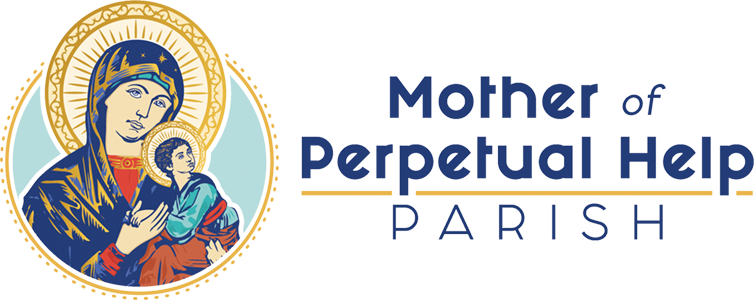Jesus Christ, King of the Universe
The Solemnity of Christ the King is a relatively new Holy Day in our Catholic Christian calendar. It was created in 1925 by Pope Pius XI, through the Encyclical Quas Primas. Read this week’s readings here.

What is an Encyclical?
The word encyclical (latin: encyclicae) originates from the Greek egkyklios, meaning a circle. It is a circular letter to either all bishops, or in some cases, a subset of bishops. Unlike the more formal Papal bull, Encyclical letters tend to be written in a more personal style (much like the epistles in the New Testament), and they include teachings and guidance from the Bishop of Rome. They are officially written in Latin, and they are translated into other languages by the Holy See. For us, once these letters are made public, we can read and study them for the great wisdom they teach.
Why Christ the King?
Pope Pius XI was concerned by the seeping culture of secularism and atheism in the wake of World War I. Politically, temporal kingdoms were collapsing all around Europe. The Russian, German, Austro-Hungarian and Ottoman thrones all quickly collapsed. Political boundaries changed a lot during the Interwar period.
He created this feast day because, “When once men recognize, both in private and in public life, that Christ is King, society will at last receive the great blessings of real liberty, well-ordered discipline, peace and harmony.” (Quas Primas, Paragraph 6.) He wanted Christ to be declared King out loud – in a time where the Christian faith was beginning to be buried by secular politics.
My Kingdom Does Not Belong to This World
In today’s Gospel reading, Jesus was discussing with Pilate whether or not He is King. Pilate’s point of view is secular; his version of a King was a ruler over a territory. Pilate was baffled as to why the Jews (meaning the Sanhedrin) want to crucify Him. Pilate was just, as an earthly judge, and he did not see Jesus as a threat. St Thomas Aquinas has said, “Pilate, since he was a just judge and dealt with everything with exquisite care, did not immediately give in to the accusation of the high priest.”
